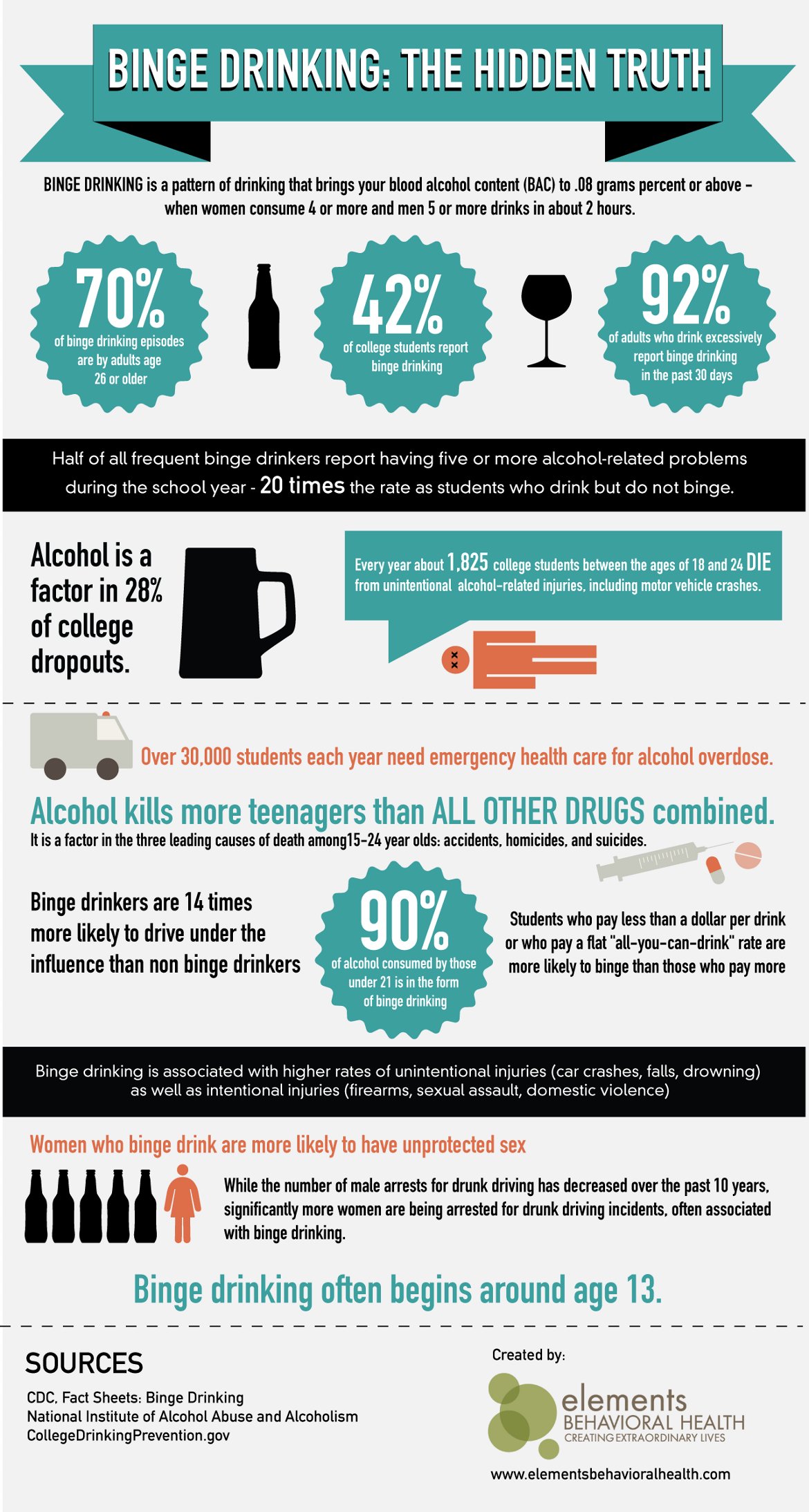5 Reasons People Get Addicted to Drugs and Alcohol : One of the biggest questions families have when addiction strikes is “why did this happen?” But unfortunately, there’s no quick or simple answer.
Addiction is a medical condition where the brain becomes dependent on drugs or alcohol to function. Even though it is a brain disease, addiction is complicated by the fact that it is almost always accompanied by psychological wounds as well. That means it is a disease of the mind, body, and spirit too. So, in order to answer the question “why did addiction happen?” we have to consider what’s going on with all three areas of our lives, and not just the biological pathways of this disease.
With that in mind, let’s talk about 5 key risk factors and dangerous situations that lead to addiction. Knowledge is, after all, one of the most important tools we have to fight addiction of drugs and alcohol.
1. Attachment Issues
Many addiction experts, including psychologist Philip J. Flores Ph.D., argue that this disease can be boiled down to a problem with dysfunctional attachment styles. In other words, addiction happens to some of us and not others depending on what we’ve learned about love and friendship since childhood. Before we go on, let’s first define the term ‘attachment‘:
“Attachment is a deep and enduring emotional bond that connects one person to another across time and space.” This term refers to our ability to form those bonds, create intimacy, and derive genuine comfort and peace from our relationships.
Our relationships help us recover from trauma, pass the time in meaningful ways, define ourselves, achieve goals, and of course, celebrate life’s joyful moments to the fullest. Strong human bonds are absolutely necessary for our mental health, and without them, we suffer.
Those of us who struggle with creating and maintaining genuine, deep and stable relationships are at a much higher risk for addiction. Dysfunctional styles of attachment can make us feel lonely, self-conscious, and afraid to ever be truly intimate and open with another person. The emotional burden of always struggling in relationships can make us seek out the physical comforts of drugs or alcohol since we’re not getting what we need psychologically from the people around us.
2. Exposure
Even though most of us live in the presence of drugs or alcohol without ever becoming addicts, exposure is still an important risk factor for addiction. The more we are exposed to drugs or alcohol in our daily lives, the more likely we are to abuse them.
Since prohibition laws in Muslim countries have gotten more lax in recent decades, there’s been a significant increase in alcoholism. As alcohol became more accessible, addiction to alcohol also became more common, even though drinking is still a major cultural taboo. Similarly, the increased availability of prescription opioid painkillers in the US since the 90’s has led to a dramatic surge in opioid and heroin addiction.
Simply put, the easier it is to get our hands on drugs or alcohol, the easier it is to become addicted.
3. Self-Medication
More often than not, addiction comes along with another psychological disorder like depression, anxiety, bipolar disorder, OCD, borderline personality disorder and more. These conditions lead to confusing, painful emotions as well as a constant feeling of having no control. In order to get some relief from those symptoms, many of us self-medicate with drugs or alcohol which numb the pain, and can make us feel carefree for a short time. Unfortunately though, abusing substances makes the underlying emotional problems get worse over time, which thus makes us take even more drugs and alcohol more often. When we self-medicate, we get caught in a vicious up and down cycle that leads to full blown addiction.
4. Family History
Addiction tends to get passed down from generation to generation. So, if you have a parent or grandparent with a history of addiction, you’re at a higher risk yourself.
Most people try drugs or alcohol once in a while, yet only a small portion of us truly get addicted. That might be because some of us inherit a type of psychological or biological predisposition to addiction, while others don’t.
Additionally, growing up around addiction and seeing substance abuse can lead to future problems with drugs and alcohol. That’s because addicted parents or caregivers model drug use as well as those dysfunctional attachment styles we mentioned earlier. Children may also absorb quite a bit of trauma and stress from those addicted family members, setting them up for their own ongoing mental health or addiction struggles.
5. Boredom
Here in the US, drug and alcohol addiction are major problems for small towns and rural areas. Experts believe that has something to do with de-industrialization; that is, the fact that a lot of rural industries have tanked, or moved elsewhere in recent decades. Those disappearing industries include some agriculture, logging, manufacturing, steel, and more.
Many people who worked these types of jobs lived in small remote towns economically supported by the plant, which were usually located far away from other work opportunities. That led to massive unemployment and poverty in those towns when the plants shut down. Once bustling communities turned grey and stagnant, and its occupants became depressed and discouraged.
This has led an exceptional portion of the older adults, and their children in those de-industrialized areas to turn to drugs and alcohol to cope. Selling drugs is one way to make ends meet when there is no work, and using them is a way to escape the boredom, and frustration of living in depressed areas.
Drug overdose and alcohol poisoning, along with suicide and homicide, make up the “deaths of despair” that are draining certain economically depressed regions of the US. The lack of entertainment, education, healthcare and opportunity for personal growth make it very difficult to flourish in these areas. One of the greatest challenges for treating alcoholics in de-industrialized regions is the lack of resources both for providing treatment, and maintaining employment long-term.
Hopefully these 5 reasons people get addicted to drugs and alcohol that we talked about have helped you understand your own situation a little bit better. If you haven’t already, it’s a great time to reach out for extra help with the addiction that’s draining you, and your family. Identifying the root of the addiction is just one small part of recovery.
Related Videos to Reasons People Get Addicted to Drugs and Alcohol:
Why Do Some People Become Alcoholics?
https://www.youtube.com/watch?v=zLFXZKzYUlE?autoplay=1&rel=0
Addiction
https://www.youtube.com/watch?v=ao8L-0nSYzg?autoplay=1&rel=0
Why do our brains get addicted?
https://www.youtube.com/watch?v=Mnd2-al4LCU?autoplay=1&rel=0
The Chemistry of Addiction
https://www.youtube.com/watch?v=ukFjH9odsXw?autoplay=1&rel=0
Causes of Substance Abuse & Addiction | Addictions
https://www.youtube.com/watch?v=BfXu9DXVYl8?autoplay=1&rel=0
Why Do People Get Addicted to Drugs and Alcohol?
https://www.youtube.com/watch?v=F6UMf1jh79w?autoplay=1&rel=0
Related Infographics to Reasons People Get Addicted to Drugs and Alcohol :

5 Reasons People Get Addicted to Drugs and Alcohol




